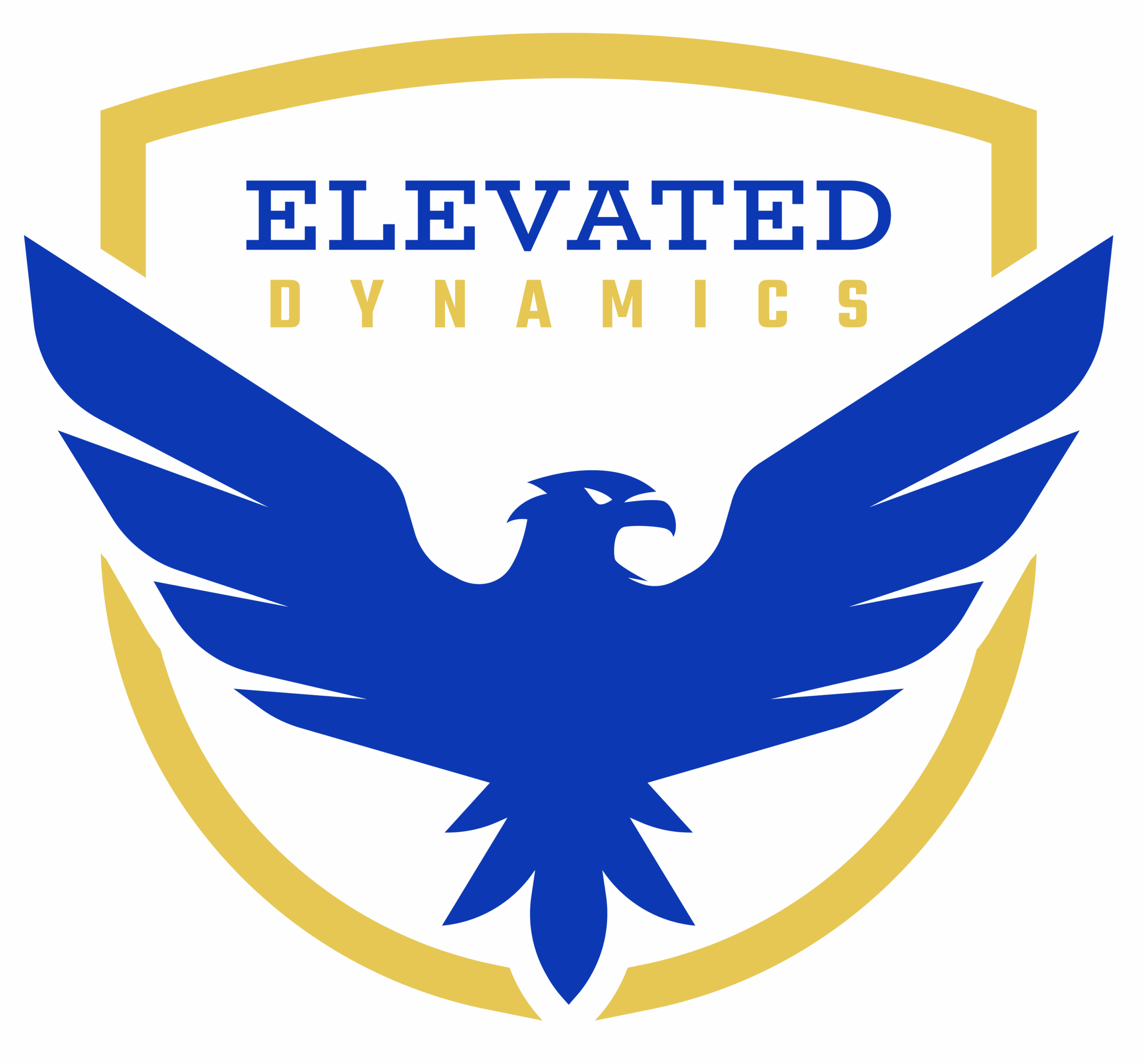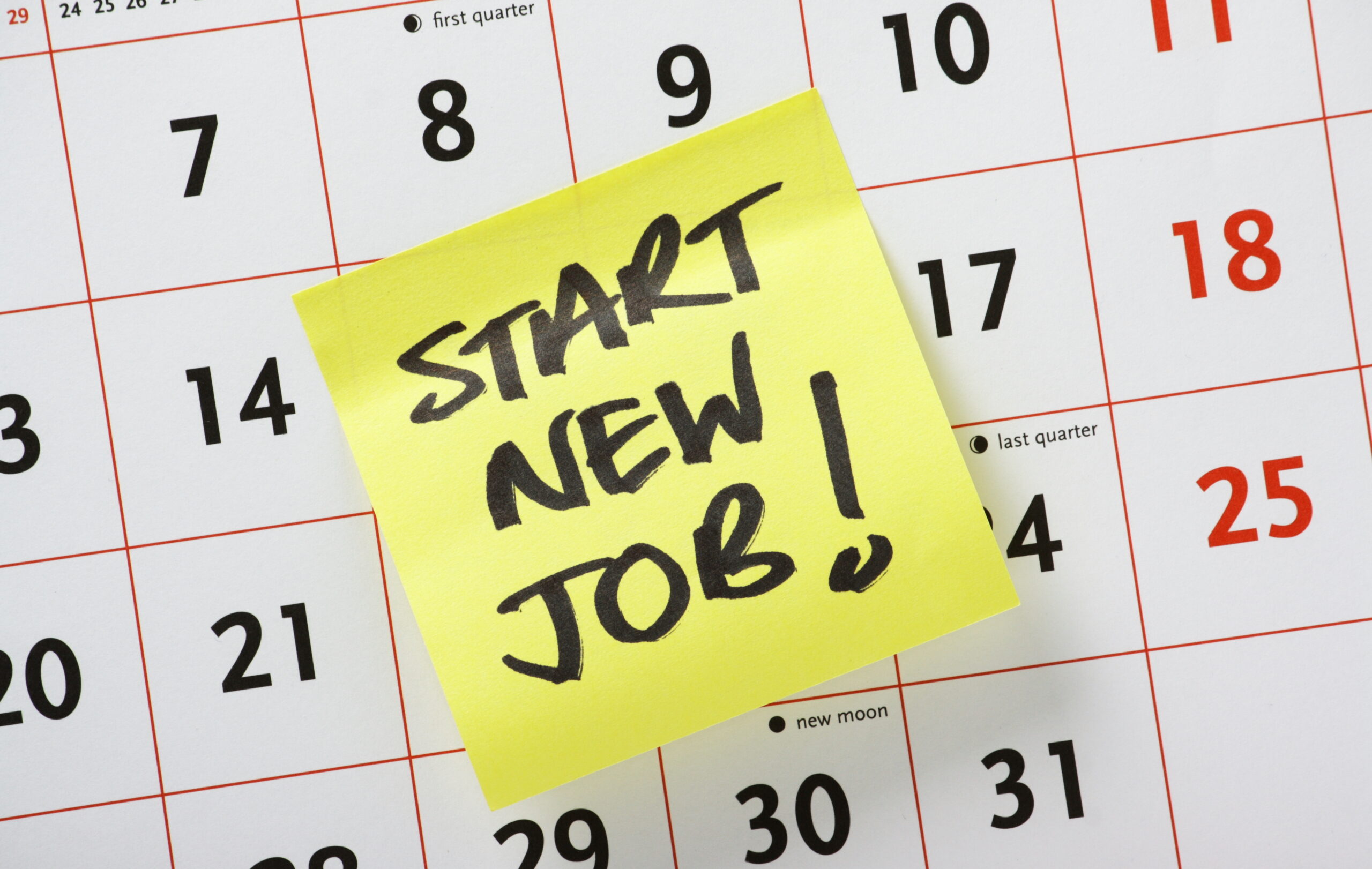Do you remember the excitement of receiving that long-awaited first job offer? Starting your first role feels like stepping onto a brand-new stage, full of opportunities to prove yourself and grow. It’s the beginning of a chapter where every choice, habit, and interaction shapes how others view you and where your career path might lead.
Yet with all the excitement comes uncertainty. How do you make a strong impression, handle expectations you’ve never faced before, and adapt to an unfamiliar environment? The truth is, you don’t need to have all the answers right away—you just need the right strategies. With awareness, adaptability, and a willingness to learn, you can turn those early days into the solid foundation of a successful career.
Build Strong Workplace Relationships
Your ability to connect with others is as important as the tasks you complete. Healthy workplace relationships create support networks that make challenges easier to handle and help you establish credibility.
- Show genuine interest: Ask thoughtful questions about colleagues’ roles, goals, and experiences to build rapport.
- Respect boundaries: Pay attention to the company’s communication style—some workplaces prefer quick chats, while others lean on email.
- Learn names quickly: Remembering names demonstrates attentiveness and helps create trust faster.
- Practice empathy: Notice when coworkers are stressed and offer small gestures of support, like covering a task or listening.
- Strengthen trust with reliability: Following through on commitments proves you’re dependable.
Master Time Management Early
Time is a resource you can’t afford to waste, especially when building credibility as a new hire. Effective time management helps you keep stress under control and shows professionalism.
- Establish routines: Start your day with clear goals, and end it by reviewing what was accomplished and what needs attention tomorrow.
- Block distractions: Silence non-essential notifications and set focused work periods to complete priority tasks.
- Use deadlines strategically: Aim to finish assignments before the actual due date to allow room for adjustments.
- Allocate energy wisely: Tackle complex or creative tasks when your energy is highest, usually earlier in the day.
- Learn to say no politely: If you’re overloaded, communicate respectfully and ask for guidance on priorities instead of overcommitting.
Embrace Feedback With a Growth Mindset
Feedback often feels intimidating, but it’s a powerful tool to accelerate development. Approaching it with openness shows maturity and positions you as someone eager to improve.
- Reframe feedback: View it as guidance rather than criticism, focusing on what can be learned.
- Take notes during discussions: Writing down suggestions ensures you won’t forget details later.
- Show gratitude: A simple “thank you for the input” communicates professionalism and appreciation.
- Track progress: Keep a personal record of the feedback you’ve applied to see measurable improvement.
- Model adaptability: Colleagues respect employees who adjust quickly and apply lessons constructively.
Demonstrate a Proactive Attitude
Employers notice employees who bring energy and initiative into their work. Being proactive doesn’t mean overstepping—it means spotting opportunities to contribute without waiting for directions.
- Anticipate recurring needs: Pay attention to patterns in workflows and prepare ahead of time.
- Offer support to teammates: Volunteering when others are swamped strengthens collaboration.
- Stay informed: Read internal updates, policies, or industry news to understand the bigger picture.
- Contribute to solutions: When problems arise, suggest practical ideas rather than only pointing out issues.
- Maintain momentum: Show consistency instead of bursts of effort, proving your reliability long-term.
Communicate Clearly and Professionally
Effective communication prevents misunderstandings and helps you earn respect quickly. It’s also one of the most transferable skills you’ll carry throughout your career.
- Use clear subject lines in emails: This ensures your message gets attention and is easy to track later.
- Practice brevity: Get to the point without unnecessary details, while maintaining courtesy.
- Adapt to different platforms: Learn when to use chat, email, or meetings depending on urgency.
- Confirm instructions: Repeat back key points to ensure alignment before starting tasks.
- Respect professional tone: Even casual settings require courtesy, so avoid slang or overly informal language.
Balance Confidence With Humility
Confidence helps you project capability, while humility ensures you remain approachable and teachable. Striking this balance builds trust and positions you as a team player.
- Be honest about gaps: Admit when you’re unfamiliar with tools or processes and seek guidance.
- Celebrate achievements gracefully: Acknowledge team contributions instead of only highlighting your own.
- Stay receptive: Avoid dismissing suggestions, even if you feel confident in your approach.
- Recognize seniority: Respect the experience of those who’ve been in the field longer.
- Adopt a learner’s mindset: Remember that mastery is built over time, not overnight.
Keep Learning Beyond Your Role
Your first job is a stepping stone, but it also offers opportunities to expand far beyond your job description. Being curious signals ambition and prepares you for future responsibilities.
- Observe workflow processes: Notice how different departments interact to gain a broader understanding of the organization.
- Ask about cross-training opportunities: Learning skills outside your immediate role broadens versatility.
- Attend optional training sessions: Even if not mandatory, these resources add valuable knowledge.
- Study company values: Understanding the mission and culture helps align your work with long-term goals.
- Seek mentors outside your team: Learning from varied perspectives expands professional awareness.
- Value your entry-level position: It may feel basic at times, but it provides exposure to fundamentals that lay the groundwork for long-term expertise.
Stay Professional Under Pressure
Challenges are inevitable, but how you respond under stress defines your reputation. Professionalism under pressure sets you apart as reliable and composed.
- Prepare for peak seasons: Anticipate busier times and plan ahead to manage workload.
- Stay composed in conflicts: Keep discussions focused on solutions, not emotions.
- Ask for help when needed: Collaboration during high-stress periods avoids bottlenecks.
- Maintain composure in meetings: Stay calm even if projects face setbacks or criticism arises.
- Document progress: Keeping track of what you’ve done helps show accountability during stressful times.
Cultivate a Positive Attitude
Mindset is contagious. Approaching work with positivity creates an environment where others feel encouraged and motivated.
- Celebrate others’ achievements: Congratulating colleagues strengthens team spirit.
- Find silver linings: When projects change direction, treat it as an opportunity to learn something new.
- Be solution-oriented: Focus conversations on next steps rather than dwelling on problems.
- Share encouragement freely: A simple acknowledgment of effort can uplift a coworker’s day.
- Stay motivated internally: Connect your tasks to your bigger career goals to maintain enthusiasm.
- See challenges as part of starting a career: Every obstacle teaches resilience and provides valuable lessons you’ll carry into future opportunities.
Ready to Grow with Elevated Dynamics?
Thriving as a new hire isn’t about having all the answers from day one. It’s about showing curiosity, embracing growth, and deliberately building skills and relationships. By applying time management strategies, seeking feedback, showing initiative, and maintaining a positive attitude, you’ll not only succeed in your first role but also create a strong foundation for every opportunity that follows.
At Elevated Dynamics, every first professional role is a stepping stone toward lasting success. Our team is dedicated to helping individuals adapt and thrive by fostering growth, building skills, and encouraging proactive mindsets. Elevated Dynamics is here to guide the journey if you’re ready to take ownership of your future and develop into the professional you aspire to be. Start building the career you deserve; connect with us today.

